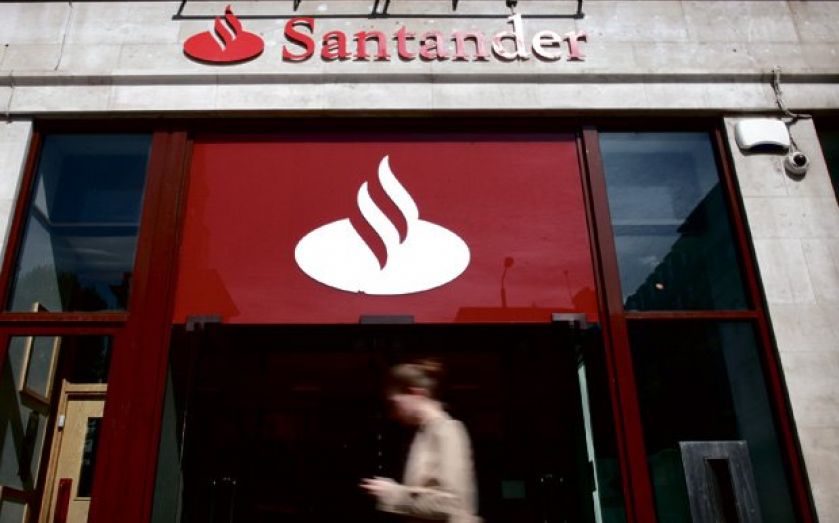Why the future is collaborative for banks and fintech

THE INTRODUCTION of paper money revolutionised the way we exchanged goods and services. Now, the booming UK financial technology (fintech) sector is fast changing the way we bank, invest and raise money. Thanks to a large and sophisticated consumer market, a high concentration of global financial institutions, and the availability of capital, fintech has found a dynamic home in the UK.
According to EY research, UK fintech is huge and growing, with annual revenues now estimated at £20bn. Encompassing many different sectors – from peer-to-peer lenders like Zopa and Funding Circle to crowdfunding platforms, from money transfer services like TransferWise to digital banking firms like my own – this new crop of innovative businesses is also setting the pace globally. Funding Circle has launched in the US, while RateSetter is launching in Australia.
But fintech is also forcing UK banks to redefine their strategies. Following the worst financial crisis in living memory, high street banks have been subject to sharp criticism and regulatory attention. In one sense, the emergence of alternative finance providers has led to even greater pressure. While many welcomed alternative finance with open arms, the initial response from retail banks was lukewarm.
However, it would be wrong to characterise alternative finance and retail banking as inevitable foes. As the UK’s economic recovery gathers pace, high street banks have a growing opportunity to redefine their role. And some are already seizing it.
The success of UK fintech is driven by a culture of entrepreneurialism and innovation. Historically, this is something large retail banks have struggled to embrace. While banks are making promising moves in mobile and online banking, to create truly new offerings and provide greater choice for their customers, they should be looking to collaborate more closely with fintech businesses.
Important steps have been made. Earlier this year, Barclays launched an accelerator programme in London for fintech startups. The companies selected included Aire, which has developed a new credit scoring algorithm for consumers, and Wagevance, which is seeking to create an affordable alternative to payday loans. HSBC, meanwhile, has allocated up to $200m for investment in early-stage tech firms with the aim of improving its technology. But while these initiatives represent progress, a more fundamental shift is required.
Santander and Funding Circle’s recent agreement is a good example of how banks can work with, rather than against, fintech. In the first partnership between a UK bank and an online finance provider, Santander agreed to proactively refer small business customers looking for a loan to the peer-to-peer lender. If more such deals can be agreed, industry research suggests that 250,000 businesses a year could benefit, showing the stark advantages to customers of banks collaborating with alternative finance, particularly for the SME market.
The trend is clear. To avoid being left behind and to provide the best possible service to their customers, retail banks should continue to work with and learn from the new kids on the block.